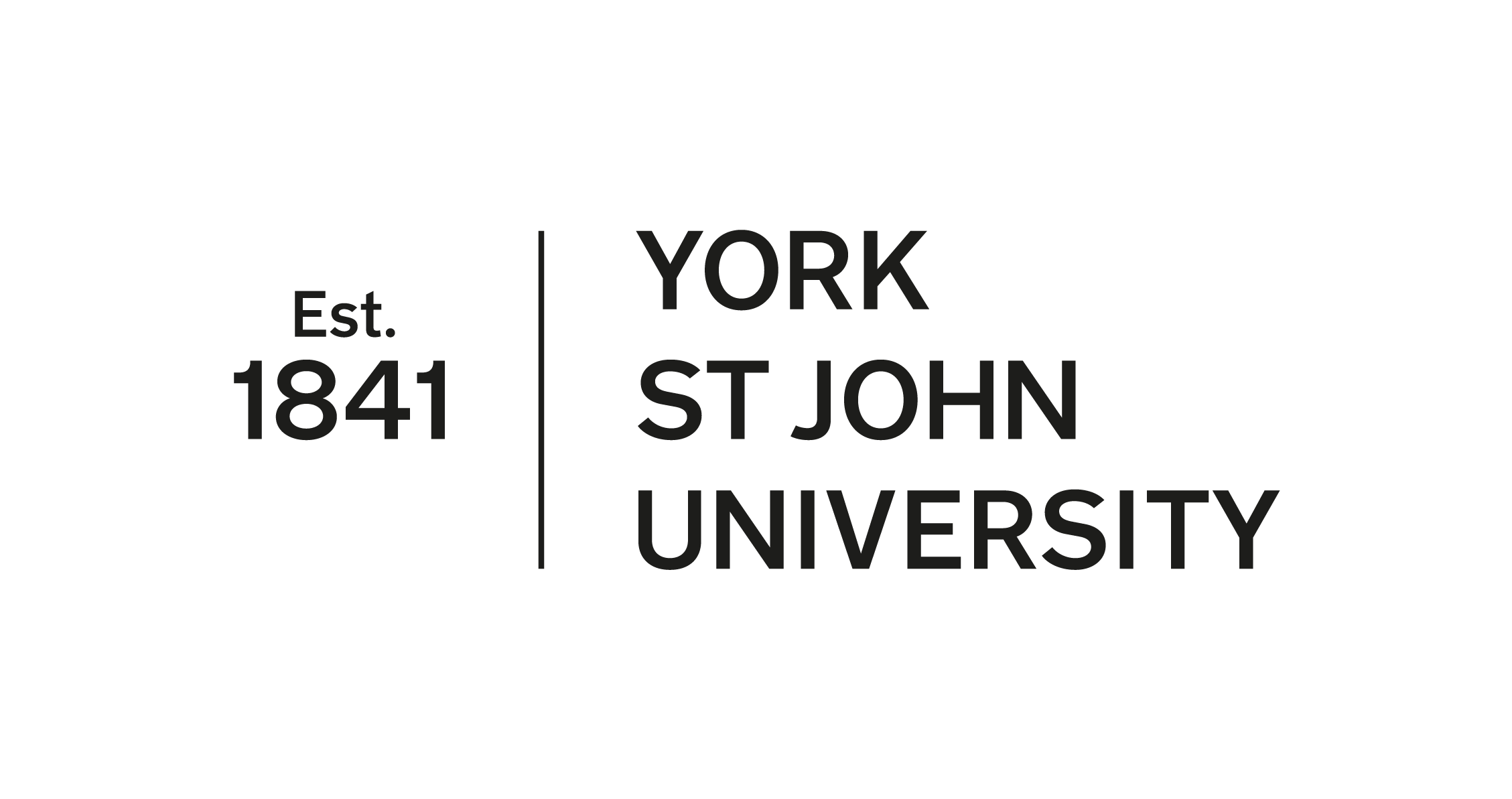
The descriptors that are used in assessment serve to clearly highlight the aspects on which your submissions and learning are evaluated.
These criteria include:
• Thinking skills
• Research skills
• Practical skills
• Professional learning skills
• Communication
• Collaboration
• Creativity
Thinking skills involve purposefully applying the knowledge gained during learning. Within this skill set, you’ll engage in application, analysis, and evaluation – integral for posing critical questions, problem-solving, constructing arguments, and reaching conclusions.
Research skills form essential pillars across disciplines in university education. However, their emphasis will shift as you progress through different academic levels. By the time you complete your undergraduate degree and transition into a professional graduate, you should confidently and authentically demonstrate your ability to apply research skills and methods within the methodology of your research projects.
Practical skills span two categories: those generally applicable to all Higher Education (HE) fields, and those specific to your discipline. While skills like essay writing, presentation, and data processing are taught across HE disciplines, specialised skills like coding might be exclusive to certain areas. These abilities will be nurtured through lectures and seminars, supported by your academic team. A diverse skill set enhances your employability as a graduate, and these can be highlighted in your Employability Profile.
Professional learning skills involve reflective self-assessment within your learning journey, complemented by the Employability Passport. Cultivating your graduate attributes entails recognising strengths, weaknesses, and growth opportunities, contributing to greater confidence in your abilities and lifelong learning. In assessing your professional learning, you can consider how you identify and utilise resources and networks, manage your time, and negotiate expectations.
The art of communication is essential for you to demonstrate your learning outcomes. Three key factors to consider are mode, medium, and audience. Mode refers to how information is conveyed – written, verbal, or visual. Audience represents the recipient, whether academics, peers, industry professionals, or the general public. The medium determines how information is presented and the suitable style, such as a blog post, essay, or presentation. In communication, proper use of grammar, structure, and language is vital for conveying your message clearly, while projecting confidence, sincerity, and professionalism. Academic conventions for essays might be new to you, but you can find guidance in the Library Study Skills.
As a professional, collaboration – sometimes synonymous with teamwork – is indispensable. Assessors evaluate collaborative skills through observations, self or peer reflections, or the final outcome, indicating the team’s successful collaboration. Collaborating within the institution with academics, learning support services, and peers for personal development will also enrich the content of your Employability Profile.
Creativity involves crafting something unique and unexpected. This might entail adapting existing works to generate new ideas. Originality, a core facet of creativity, introduces ideas unfamiliar to most audiences, not just yourself. A valuable idea is one that entertains, educates, serves a function, or stimulates thought. Creative thinking is not unique to the arts, every discipline uses creative thinking to solve complex problems, produce new products or reveal undiscovered knowledge. It’s a core aspect of the enterprising attribute we develop at YSJ.
